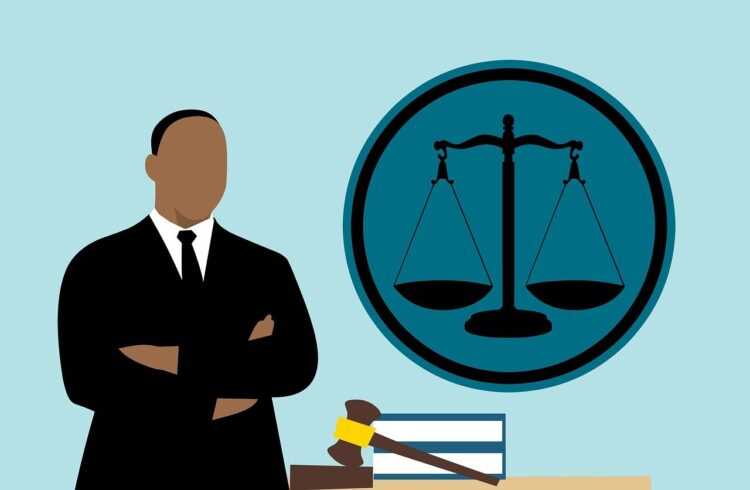Engaging an attorney can be a pivotal decision, often significantly impacting your personal or professional life. As experts in legal matters, attorneys are critical in guiding you through complex legal frameworks, advising on potential risks, and championing your interests in disputes.
However, it’s important to remember that not all lawyers are created equal. Different scenarios require different expertise, so you want to be armed with the right information before engaging one in your case.
This article highlights some critical errors to avoid when selecting your legal counsel. Let’s ensure you have the right attorney in your corner.
1. Picking The Wrong Lawyer For Your Case
Choosing the right lawyer goes beyond general expertise; it dives into the realm of specialization. Even within broad disciplines such as criminal law, specialties exist and Failing to consider this can have profound implications.
For instance, a lawyer specializing in sexual assault cases will have a different skill set and approach than one focusing on fraud cases – both fall under criminal law, yet their expertise differs significantly.
Always go for a lawyer specializing in the area of law your case falls under. So even when you could have had success with another lawyer on a different case, they may not be the best fit for your current case.
2. Not Doing Your Research
One common mistake is neglecting to do thorough research before hiring an attorney. Understanding your case type helps identify the kind of lawyer you need. Similarly, researching legal fees in your locality provides a benchmark to avoid overpricing.
You should also consider exploring options in your location and shortlisting several potential attorneys. This process helps to compare their expertise, experience, and costs. Remember, research not only guides your decision but also empowers you throughout the legal process.
3. Hiring Before Meeting
In the digital era, a quick internet search yields countless law firms and attorneys eager to have you sign up online, via email, or by phone. However, engaging a lawyer before a face-to-face meeting is a mistake many unwittingly make.
Meeting a lawyer in person is key for assessing their organizational skills, availability, interpersonal capabilities, and communication acumen. It also provides an opportunity to gauge their empathy – a critical yet often overlooked factor in legal representation. These elements are pivotal in ensuring a harmonious attorney-client relationship and can significantly impact the success of your case.
4. Not Asking The Right Questions
A common pitfall when hiring an attorney is not asking the right questions. This oversight can lead to miscommunication and unmet expectations. When considering potential candidates, look up questions for hiring lawyers online as part of your planning process.
Key queries should concern their general experience, experience with similar cases, the specifics of their pricing structure, and their familiarity with local courts and legal procedures.
These essential questions will allow you to better understand their qualifications and how well they can handle your specific case, ultimately contributing to a more informed and confident decision.
5. Not Comparing Options
Often, individuals make the mistake of not comparing different lawyer options before making a final decision. The purpose of conducting research, meeting lawyers in person, and asking detailed questions is to help identify the best fit for your case.
So, create a shortlist of potential lawyers and compare their expertise, experience, and approach to your case.
Don’t hesitate to seek a second or third opinion; many attorneys offer free initial consultations, so consultation fees shouldn’t hinder this process. The first meeting usually gives you enough information to make a preliminary determination.
6. Using Price As The Determining Factor
A crucial mistake when selecting an attorney is using price as the main determining factor. Lawyers often price their services based on demand, which usually correlates with their success rates.
Opting for the cheapest option may seem enticing, but it could be a red flag signaling limited experience or poor performance. Instead, aim for median pricing, ensuring affordability without compromising quality.
However, remember that price should not be the only deciding factor; also consider the attorney’s expertise, experience, and compatibility with your case.










